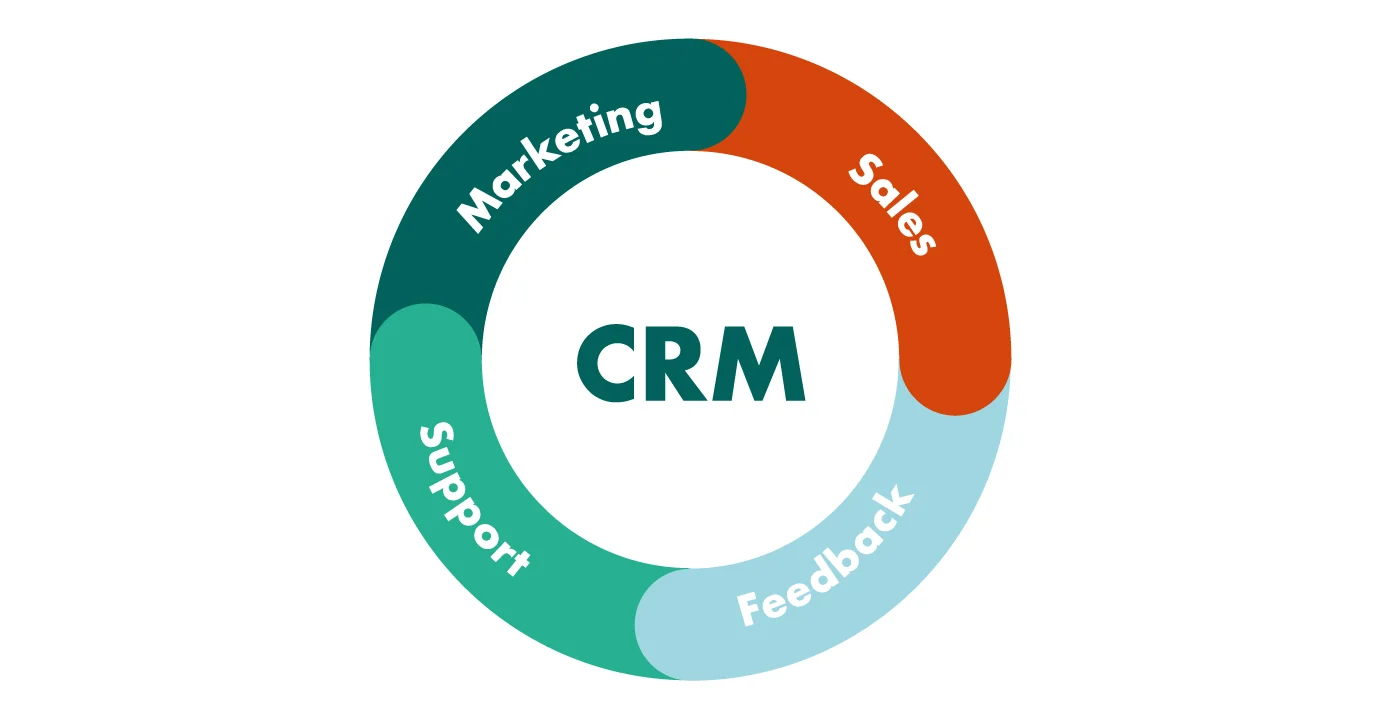
In today’s fast-paced healthcare environment, maintaining strong relationships with patients while ensuring smooth operations is critical. As the health sector grows increasingly competitive and patient-centric, healthcare providers are constantly looking for ways to improve their services, streamline processes, and enhance patient satisfaction. One powerful tool that is helping achieve these goals is Customer Relationship Management (CRM) software.
In this blog, we will explore the importance of using CRM in the healthcare sector, how it benefits both healthcare providers and patients, and why it has become an essential tool for improving patient care, engagement, and operational efficiency.
1. Streamlining Patient Management
The health sector is inherently complex, with patient data, treatment plans, appointments, and follow-ups often scattered across different systems or departments. CRM solutions provide a centralized platform where healthcare providers can track every interaction with patients, from the initial consultation to post-treatment care. This helps create a 360-degree view of each patient’s journey and ensures that no critical information falls through the cracks.
Key benefits:
- Unified patient profiles: CRM systems store comprehensive information on each patient, including medical history, treatment records, appointment history, and contact details, all in one place.
- Seamless communication: Healthcare providers can easily communicate with patients, whether it’s for appointment reminders, follow-ups, or important updates.
- Better coordination: CRMs allow different departments (e.g., reception, medical staff, billing) to access the same patient information, improving internal coordination and ensuring better patient care.
Why it matters: A well-organized CRM system helps healthcare providers avoid errors, reduce redundancies, and ensure patients receive timely and accurate care.
2. Improving Patient Engagement and Retention
Effective patient engagement is key to building long-term relationships and improving overall patient satisfaction. CRM systems enable healthcare providers to engage with patients proactively, keeping them informed about their health and treatment options.
How CRM enhances patient engagement:
- Personalized communication: By tracking patient preferences and behavior, CRMs help healthcare providers send personalized messages, treatment recommendations, and reminders tailored to each patient’s needs.
- Automated reminders: With automated appointment reminders, prescription refills, or follow-up notifications, CRMs reduce the chances of missed appointments and ensure continuity of care.
- Patient education: Healthcare providers can use CRM systems to send educational materials, health tips, and other useful resources, empowering patients to take an active role in managing their health.
Why it matters: Engaged patients are more likely to adhere to treatment plans, return for follow-up appointments, and recommend your practice to others. This leads to better patient outcomes and higher patient retention rates.
3. Enhancing Communication and Collaboration
Clear and efficient communication is the foundation of quality healthcare. CRM systems improve communication not only between healthcare providers and patients but also within healthcare teams.
Key ways CRM enhances communication:
- Internal collaboration: Medical teams, including doctors, nurses, and administrative staff, can easily share patient notes and updates within the CRM system. This enables all team members to stay on the same page and deliver consistent care.
- Multichannel communication: Patients may prefer different communication channels, such as phone calls, emails, text messages, or even social media. CRMs can manage communication across these channels, ensuring a seamless experience for patients.
- Real-time updates: Healthcare providers can receive real-time updates on patient conditions, appointments, and any changes in treatment, facilitating faster decision-making and more accurate care delivery.
Why it matters: Strong communication within the healthcare team and with patients reduces the likelihood of miscommunication, improves treatment accuracy, and enhances patient satisfaction.
4. Optimizing Marketing Efforts
CRM systems also play a pivotal role in marketing and promoting healthcare services. With the data gathered from patient interactions, healthcare providers can segment their patient base and target specific groups with relevant marketing campaigns.
How CRM aids healthcare marketing:
- Targeted campaigns: Healthcare providers can send targeted promotions, reminders for routine checkups, and information about new services based on patient data and preferences.
- Referral programs: CRM tools can help track patient referrals, allowing practices to reward patients for recommending new clients and foster patient loyalty.
- Tracking ROI: By monitoring the effectiveness of marketing campaigns, CRMs provide valuable insights into which strategies are working and which need adjustment.
Why it matters: Optimizing marketing efforts allows healthcare providers to reach the right patients at the right time, ultimately increasing patient acquisition and strengthening the clinic’s reputation in the community.
5. Enhancing Operational Efficiency
In addition to managing patient relationships, CRMs also improve the operational efficiency of healthcare practices. By automating routine administrative tasks and streamlining workflows, CRMs help reduce time spent on manual processes and free up staff to focus on more critical tasks.
How CRM improves operational efficiency:
- Appointment scheduling: CRMs often come with integrated appointment scheduling tools, allowing patients to book, reschedule, or cancel appointments online. This reduces administrative burden and prevents overbooking.
- Automated billing and invoicing: CRM systems can integrate with accounting tools to automatically generate invoices, process payments, and manage insurance claims, ensuring accuracy and timeliness.
- Data analytics: CRMs provide detailed insights into patient data, helping healthcare providers identify trends, track performance, and optimize operational processes.
Why it matters: Streamlined operations reduce administrative costs, minimize human error, and ensure that staff members can devote more time to providing quality care rather than administrative tasks.
6. Compliance and Data Security
In the healthcare industry, patient privacy and data security are paramount. CRM systems are designed with robust security features to protect sensitive patient information and ensure compliance with regulatory standards like HIPAA (Health Insurance Portability and Accountability Act) in the U.S., and similar regulations worldwide.
How CRM ensures compliance:
- Secure data storage: Patient data is encrypted and securely stored in compliance with legal standards, minimizing the risk of data breaches.
- Audit trails: CRMs provide detailed logs of who accessed patient data and what actions were taken, ensuring accountability and transparency.
- Automated updates: CRMs are regularly updated to ensure that they comply with changing healthcare regulations and standards.
Why it matters: By using a secure CRM system, healthcare providers reduce the risk of non-compliance, avoid hefty fines, and maintain patient trust.
7. Improving Patient Outcomes
Ultimately, the goal of any healthcare provider is to deliver the best possible outcomes for their patients. CRM systems enable healthcare providers to monitor patient progress, manage treatment plans, and follow up on long-term care, ensuring that patients receive continuous and personalized care.
How CRM improves patient outcomes:
- Treatment tracking: CRMs allow healthcare providers to track patients’ progress over time, making it easier to adjust treatment plans when necessary.
- Patient follow-up: Aftercare is an essential aspect of patient health. CRM systems can automate follow-up reminders for routine check-ups, preventive care, or recovery visits.
- Personalized care: With data on patient preferences, health conditions, and history, CRMs enable healthcare providers to offer more personalized and effective treatment.
Why it matters: Continuous and personalized care leads to improved health outcomes, faster recovery times, and overall patient satisfaction.
Conclusion: CRM—A Game Changer for the Health Sector
The importance of CRM in the health sector cannot be overstated. From improving patient management and engaging patients to enhancing operational efficiency and ensuring data security, CRM software provides a comprehensive solution that helps healthcare providers improve the quality of care, patient satisfaction, and operational performance.
As healthcare continues to evolve, embracing technology like CRM will be essential for staying competitive, offering personalized care, and fostering long-term relationships with patients. In today’s digital age, a robust CRM system is no longer a luxury—it’s a necessity for healthcare providers looking to thrive in a patient-centered world.

